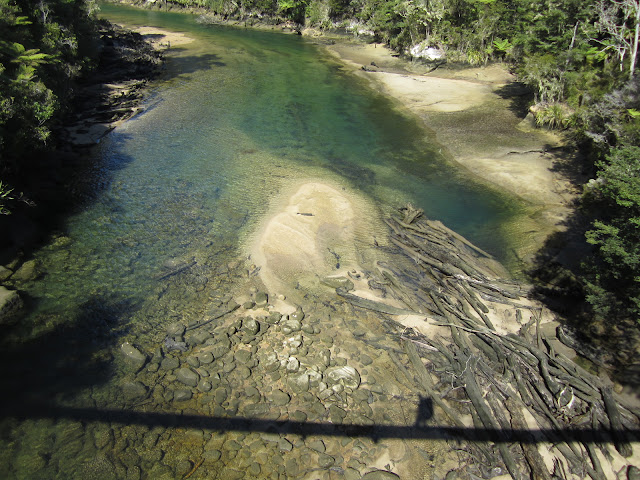Experience the nature through freedom trips or guided tours are not a new phenomenon worldwide. Over the decades, thousands people come seeking outdoor activities to enjoy of peace and stillness lost with the complexity unorganized and contemporary modern society.
When Jean-Jacques Rousseu, the French philosopher of the eighteenth century wrote one of his major classics, titled "Back to Nature" - which sought to correct the urban alienation of society with nature, by teaching that encouraged the rediscovery of scenarios uncultivated and wild - never thought that the concept of social tourism with nature universal reach the levels experienced today.
We know that the nature of the trips had their strong growth in the late '80s, when there was a significant modification of conventional tourism, with the exaltation of impassivity, of adventure activities and the desire for a more thorough experience of the regions visited.
In 1991, concerned about this growing phenomenon of nature travel industry coming exerting pressure disordered within a few natural areas of the U.S. and undermining the social structure of some traditional communities in Africa, which at the time were experiencing the emergence precipitated resorts mass hunting safaris in the area, a dozen scientists, conservationists and tour operators from around the world gathered in a small farm on the outskirts of Washington, DC, for the first meeting of the International Ecotourism Society (IES - The International Ecotourism Society), with the task of defining what, exactly, this new model of recreation in natural areas would be.
As a booming industry could affect the balance of protected areas and leave local marginalized communities?
At that time, even without knowing what the actual conduct to be followed, those people have defined this new model as: "responsible travel to natural areas that conserves the environment and improves the well-being of people and local communities involved."
This concept has been replicated and systematically reissued by diversar bodies representing the sector worldwide, with the aim of disciplining and promoting activity and forming real benefits to society, the environment and especially for the resident communities.
Since ecotourism is the dominant trend with notes for a short-term prosperity. Responsible travelers and innovative practices of sustainable development are transforming the global scenario of the industry, presenting us with a great opportunity to empower people and protect the planet.
According to forecasts of the IES study, the ecotourism industry can come to represent 25% of global travel by 2016. That's why people come increasingly discovering the value of the enjoyment of tranquility, peace and quiet offered close to nature, with different specific interests, such as studies, local culture, adventure, wildlife viewing, among others.
Whatever directed attention, today almost all parents of the globe have some outdoor destination - consolidated or not, organized or not - that motivates people with different goals intrinsic to embark on itineraries outdoors.
However, those seeking to enjoy their free time with nature, and possibly will add the expectations presented in the studies of the development planned for the sector, certainly availing destinations organized, consistent and has solidified, offering not only bucolic landscapes, nature conservation and intertwined with culture and natural habits, but also destinations that offer services and equipment ordered and adequate support structure. This includes what we mean by lodging, food, agency, communication facilities, displacement, health and safety, in addition to appropriate environmental interpretation that encourages understanding and visitor interaction with the surrounding ecological and historical-cultural attributes of attractive, Concomitant with what is expected of ecotourism: changing people's behavior.
But today there is some region of the planet that brings together relevant environmental attributes, associated with appropriate network services and infrastructure support, able to attract visitors interested in experiencing nature and attributes relevant cultural, and especially to play the central role ecotourism, to materialize the interaction and experiencing the environment in a sustainable way? A geographic area that has features and capabilities similar and complementary, capable of being articulated, seeking to preserve fauna and flora, ensuring attractive material for Ecotourism, maintaining an occupation of low environmental impact, offering visitors a set tourist facilities and services plus facilities proposed in an organized manner, as well as setting up a number of attractions, services and facilities essential for the development of ecotourism activity?
In this blog, I try to present data and information relevant to the questions above, coupled with my experience after cognitive studies in situ, alluding to what is perhaps today the leading ecotourism destination worldwide.
New Zealand, besides gathering natural and cultural elements that motivate tourists, offers a support network exelente tourist attractions combining relevant equipment services structured information suitable, efficient public management mechanisms and interpretation of the natural and historic-cultural functional .
 |
| Salisbury Lodge - Leslie-Karamea Track |
 |
| Queen Charllot Track |







